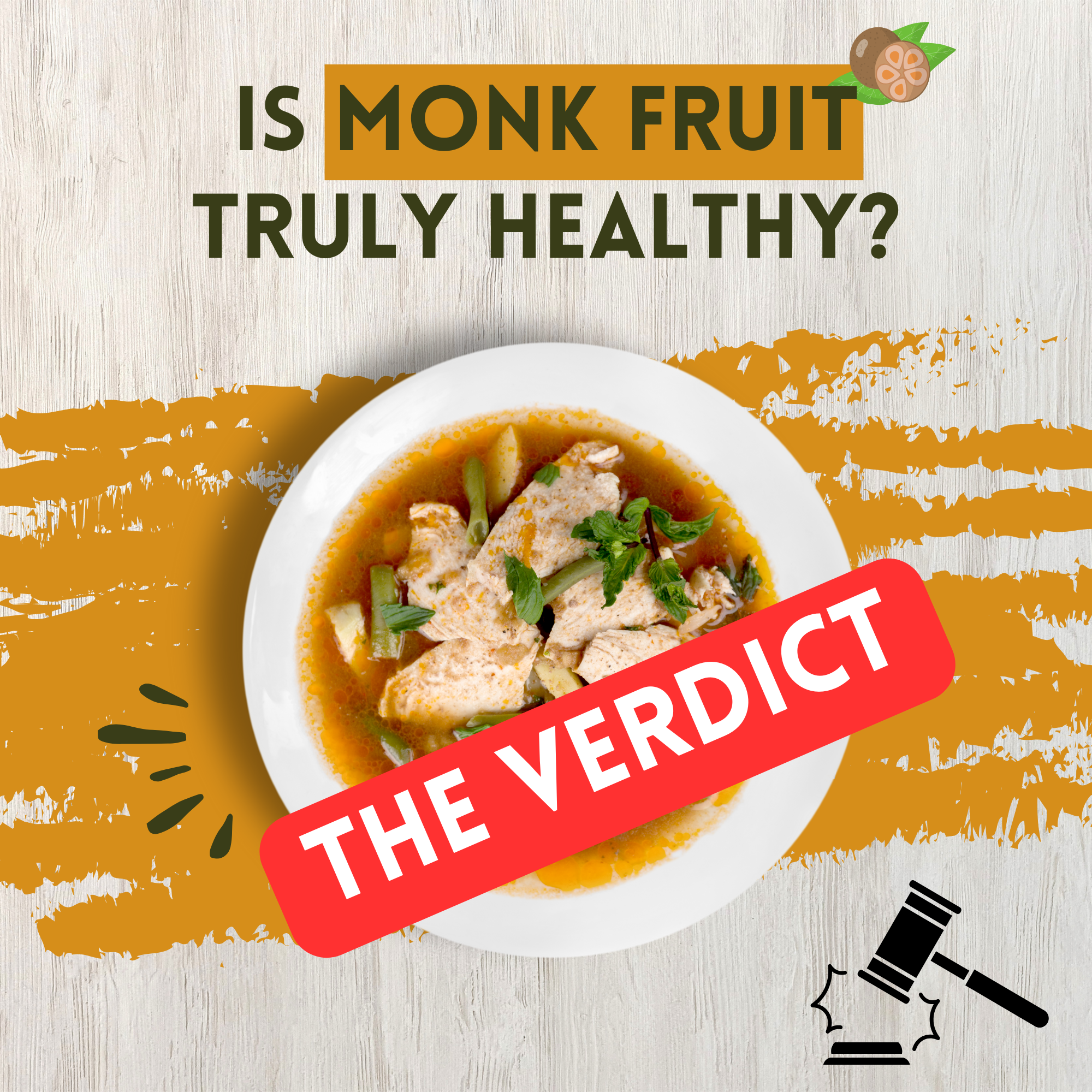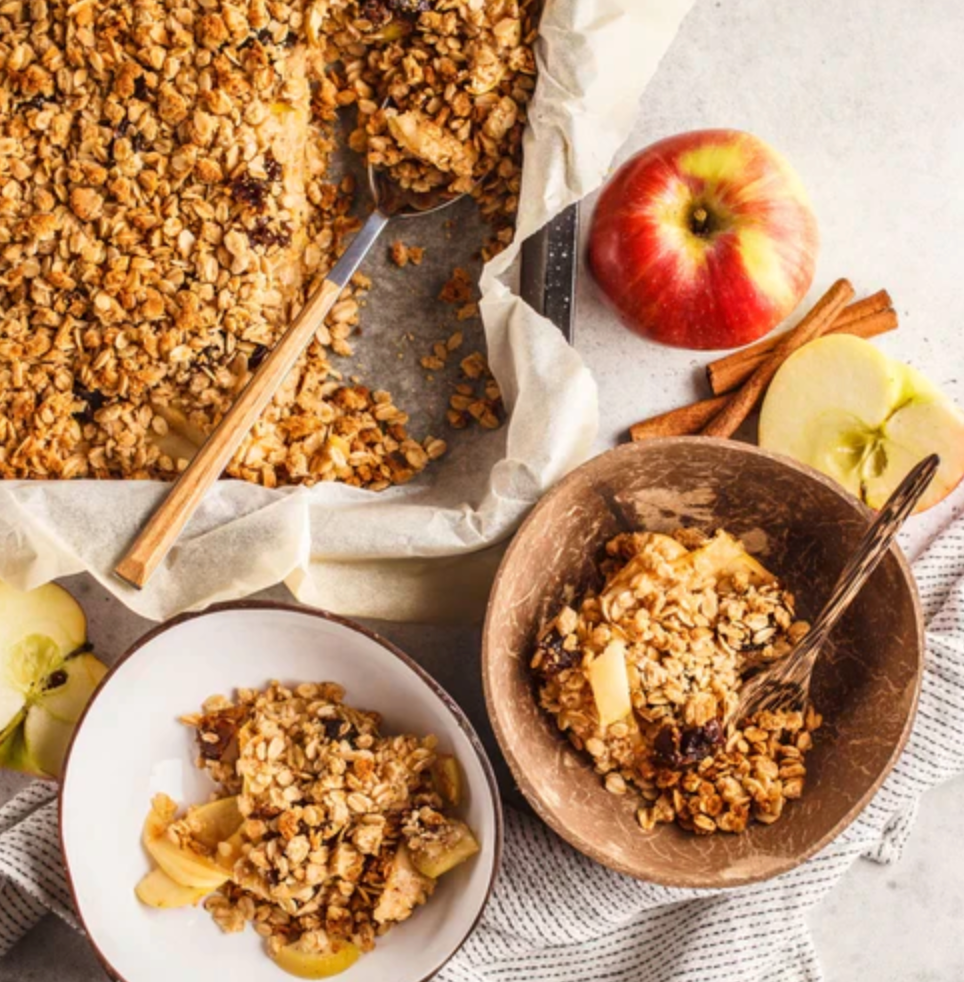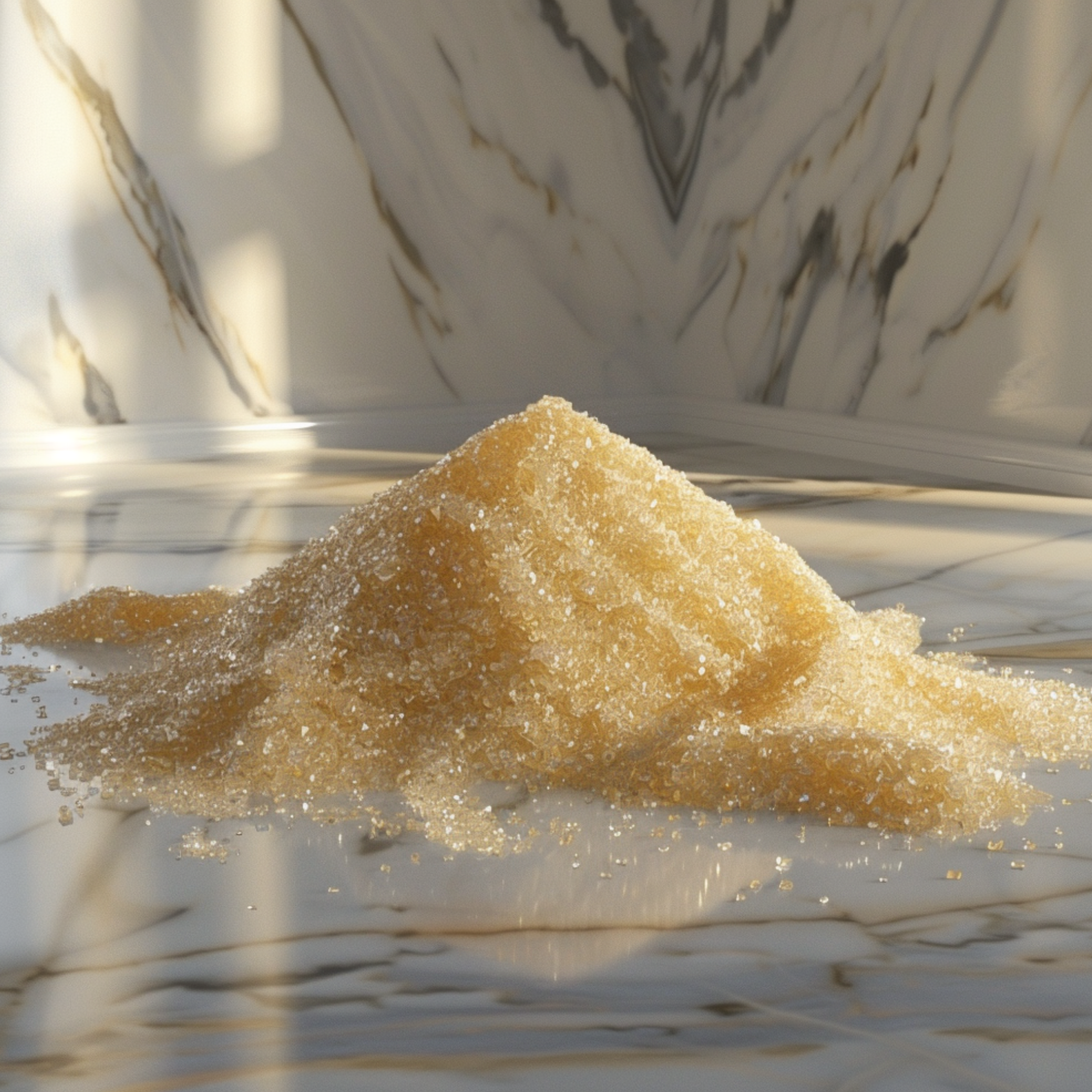
Is Monk Fruit Truly Healthy?
In the realm of health and wellness, the quest for natural sweeteners that embody both sweetness and health benefits continues to captivate the attention of health enthusiasts and consumers alike. Among the array of sugar alternatives that have emerged, one particular contender, monk fruit, has gained popularity for its perceived healthfulness. But what exactly is monk fruit, and does its reputation for healthfulness stand up to scrutiny?
Understanding Monk Fruit:
Monk fruit, scientifically known as Siraitia grosvenorii, hails from Southeast Asia and has a rich history deeply rooted in traditional Chinese medicine. Revered for centuries for its sweet taste and medicinal properties, monk fruit extract has gained traction as a zero-calorie, natural sweetener.
The sweetness of monk fruit primarily comes from mogrosides, a group of antioxidants, particularly mogroside V, which is notably sweeter than sugar but does not elevate blood sugar levels. This attribute has made monk fruit a desirable alternative for individuals seeking to reduce sugar intake without sacrificing sweetness.
The Health Profile of Monk Fruit:
1. Zero Calories and Low Glycemic Index: Monk fruit stands out for its negligible calorie content and low glycemic index, making it a favorable choice for individuals aiming to manage weight or regulate blood sugar levels. Its sweetness without the corresponding spike in blood glucose levels renders it suitable for those with diabetes or those watching their sugar intake.
2. Antioxidant Properties: The mogrosides present in monk fruit exhibit antioxidant properties that may potentially combat oxidative stress in the body, thereby reducing the risk of chronic diseases and supporting overall health.
3. Anti-Inflammatory Potential: Studies suggest that monk fruit may possess anti-inflammatory properties, aiding in the reduction of inflammation markers within the body. This characteristic is pivotal in preventing various chronic conditions linked to inflammation.
4. Potential Anti-Cancer Properties: Preliminary research has indicated that certain compounds found in monk fruit extract may possess anti-cancer properties, displaying inhibitory effects on the growth of cancer cells. However, further extensive studies are warranted to substantiate these findings.
Safety and Considerations:
While monk fruit is generally considered safe for consumption, some considerations should be noted:
Purity of Products: As with any processed food or supplement, the purity and quality of monk fruit products can vary. Some commercially available products might contain additives or other sweeteners alongside monk fruit extract, diminishing its healthfulness. Opting for pure monk fruit extract or products with minimal additional ingredients is advisable.
Incorporating Monk Fruit into Your Lifestyle:
For those considering incorporating monk fruit into their diet, several options are available. Pure monk fruit extract, monk fruit-based sweeteners, and products sweetened with monk fruit are readily accessible in the market. Incorporating monk fruit into beverages, desserts, or baked goods provides an avenue to relish sweetness without the adverse effects of sugar.
The Verdict:
Monk fruit emerges as a promising alternative to traditional sugar, offering sweetness without the associated calorie load or blood sugar spikes. Its antioxidant properties and potential health benefits make it an appealing choice for individuals seeking to reduce sugar intake and improve overall health.

Build Your MonkVee® Box
Ditch the sugar & lab made sweeteners for good!
Click product for details and to upgrade to Subscribe & Save
Try MonkVee®
Mac: Command + F to find your question
Commonly Asked Questions
Why use Monk Fruit Sweetener?
MonkVee® Monk Fruit Sweeteners are 100% natural and zero calories. Unlike sugar which is known to be the leading cause of dozens of awful chronic illnesses such as certain cancers, diabetes, and other killers. MonkVee® Monk Fruit (and Stevia extract) are the healthiest known sweeteners available on the market today. Unlike lab-made artificial sweeteners, MonkVee® is your #1 choice for pure, natural, delicious sweetness. No More sugar spikes and sugar crashes, jitters, diseases, tooth decay and cavities... The list goes on. Try MonkVee® and enter the sweet life!
Will monk fruit sweetener activate yeast
Monk fruit doesn't activate yeast like sugar does, however, by using MonkVee® Monk Fruit, you can reduce the sugar in your recipe overall and have a much healthier outcome! And it will taste just as good! See our full article about baking with monk fruit here.
What is monk fruit?
Monk fruit, also known as luo han guo, is a small green melon native to Southeast Asia. It's valued for its sweetness and health benefits.
How is monk fruit sweetener made?
Monk fruit sweetener is made by extracting the natural sugars from the monk fruit, resulting in a concentrated sweetener that is much sweeter than sugar.
Is monk fruit sweetener a good sugar alternative for baking?
Yes, monk fruit sweetener can be used as a sugar alternative in baking. It provides sweetness without the calories or blood sugar spikes associated with regular sugar.
Does monk fruit sweetener have any calories?
Monk fruit sweetener is calorie-free, making it an excellent option for those watching their calorie intake.
Can monk fruit sweetener be used by people with diabetes?
Yes, monk fruit sweetener is a suitable option for people with diabetes because it does not affect blood sugar levels.
Is monk fruit sweetener safe for weight loss diets?
Monk fruit sweetener can be a helpful tool for those on weight loss diets as it provides sweetness without the calories of sugar.
Does monk fruit sweetener have an aftertaste?
Monk fruit sweetener typically does not have an aftertaste, especially when compared to other artificial sweeteners.
Can monk fruit sweetener help with acne?
While there's no direct evidence linking monk fruit sweetener to acne, reducing sugar intake, including monk fruit sweetener, may contribute to clearer skin for some individuals.
Does monk fruit sweetener affect sleep quality?
Monk fruit sweetener does not directly affect sleep quality. However, consuming it in excess before bedtime may lead to digestive discomfort, which could impact sleep.
Are there any known side effects of consuming monk fruit sweetener?
Monk fruit sweetener is generally recognized as safe (GRAS) according to the FDA.
Can monk fruit sweetener be used in hot beverages like coffee or tea?
Yes, monk fruit sweetener can be added to hot beverages like coffee or tea to sweeten them without adding calories.
Is monk fruit sweetener suitable for vegan diets?
Yes, monk fruit sweetener is vegan-friendly as it is derived from the fruit and does not contain any animal products.
How does monk fruit sweetener compare to other natural sweeteners like stevia?
Monk fruit sweetener and stevia are both natural sweeteners with zero calories, but monk fruit is often considered to have a cleaner, more sugar-like taste.
Can monk fruit sweetener be used in cold beverages?
Yes, monk fruit sweetener can be used to sweeten cold beverages like iced tea or lemonade without any issues.
Does monk fruit sweetener contain any artificial ingredients?
No, monk fruit sweetener is made from the natural sugars found in the monk fruit and does not contain any artificial ingredients.
Can monk fruit sweetener be used in recipes that require caramelization?
Monk fruit sweetener can be used in recipes that require caramelization, but it may not caramelize in the same way that sugar does.
Can monk fruit sweetener be used in homemade jams and preserves?
Yes, monk fruit sweetener can be used to sweeten homemade jams and preserves instead of sugar. It will provide sweetness without adding extra calories.
Does monk fruit sweetener have a glycemic index?
Monk fruit sweetener has a glycemic index of zero, meaning it does not raise blood sugar levels.
Can monk fruit sweetener be used in raw desserts?
Yes, monk fruit sweetener can be used in raw desserts to add sweetness without the need for cooking or baking.
Is monk fruit sweetener suitable for people with gluten intolerance?
Yes, monk fruit sweetener is gluten-free and can be safely consumed by people with gluten intolerance or celiac disease.
Can monk fruit sweetener be used in homemade salad dressings?
Yes, monk fruit sweetener can be used to sweeten homemade salad
Is monk fruit sweetener suitable for people following a ketogenic diet?
Yes, monk fruit sweetener is suitable for those on a ketogenic diet as it does not contain any carbohydrates or sugars that could affect ketosis.
Can monk fruit sweetener be used in beverages other than tea and coffee?
Absolutely! Monk fruit sweetener can be used in various beverages like smoothies, cocktails, and flavored water to add sweetness without the extra calories.
Does monk fruit sweetener affect blood sugar levels?
No, monk fruit sweetener does not affect blood sugar levels as it has a glycemic index of zero. It's a suitable option for those monitoring their blood sugar.
Is monk fruit sweetener safe for pregnant women?
Monk fruit sweetener is generally considered safe for pregnant women, but it's always best to consult with a healthcare professional for personalized advice.
Can monk fruit sweetener be used in homemade granola bars?
Yes, monk fruit sweetener can be used in homemade granola bars to provide sweetness without the added sugar. It's a healthier option for snacks.
- Choosing a selection results in a full page refresh.
!
























